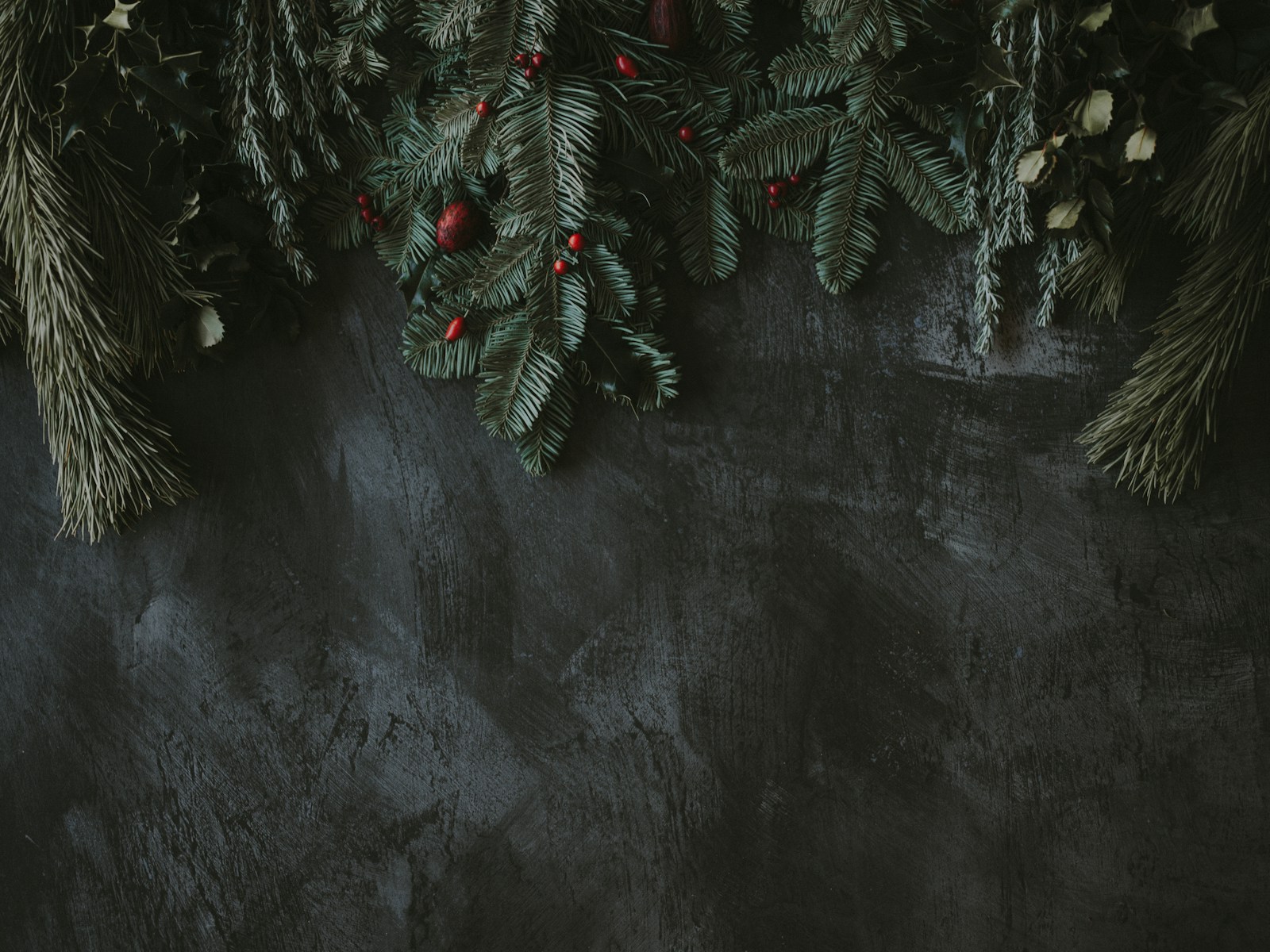
节日的
jié rì de

festive
The Chinese translation of 'festive' is '节日的'. It is often used to describe something related to a festival or holiday, similar to its English usage. For example, you can use it to depict a lively and festive atmosphere during the Chinese New Year or any other holidays.
Example sentences using: 节日的
节日的装饰是多彩的。
jié rì de zhuāng shì shì duō cǎi de.

The festival decorations are colorful.
This sentence describes the colorful decorations specific to a certain festival.
节日的气氛很浓。
jié rì de qì fēn hěn nóng.

The festive atmosphere is very strong.
This sentence describes an intense atmosphere during a festival.
节日的晚餐很丰盛。
jié rì de wǎn cān hěn fēng shèng.

The festive dinner is very rich.
This sentence refers to a lavish dinner served during a festival.
节日的礼物是一种表达爱的方式。
jié rì de lǐ wù shì yī zhǒng biǎo dá ài de fāng shì.

Festival gifts are a way to express love.
This sentence suggests that giving gifts during a festival is a way to express love.
我们在节日的时候去旅行。
wǒ men zài jié rì de shí hòu qù lǚ xíng.

We travel during the festival.
This sentence refers to a journey undertaken during a festival.
她在节日的早晨做瑜伽。
tā zài jié rì de zǎo chén zuò yú jiā.

She does yoga on festival mornings.
This sentence indicates that a woman practices yoga on the mornings of festivals.
节日的传统是我们必须保持的。
jié rì de chuán tǒng shì wǒ men bì xū bǎo chí de.

We must keep to the festival traditions.
This sentence suggests the importance of maintaining festival traditions.
每个节日的活动都是不同的。
měi gè jié rì de huó dòng dōu shì bù tóng de.

Activities on each festival are different.
This sentence says that actions or events that take place during each festival are varied.
我喜欢节日的音乐。
wǒ xǐ huān jié rì de yīn yuè.

I like festival music.
This sentence expresses a fondness for music associated with festivals.
节日的糖果很甜。
jié rì de táng guǒ hěn tián.

The festival candy is sweet.
This phrase is remarking on the sweetness of candies that are commonly enjoyed during festivals.